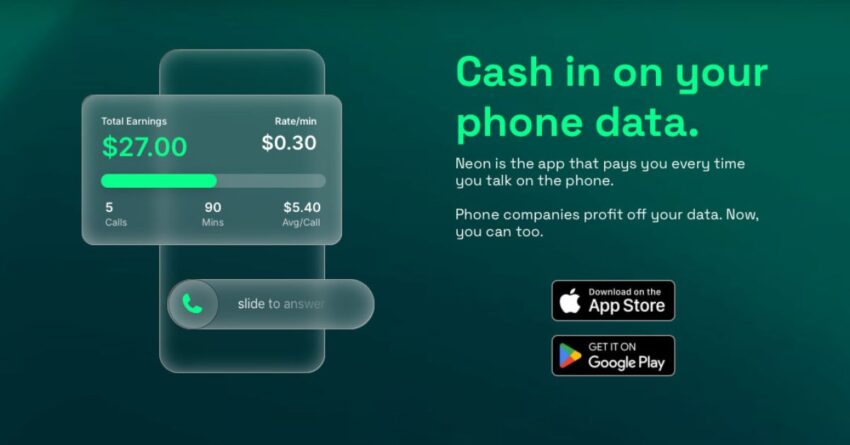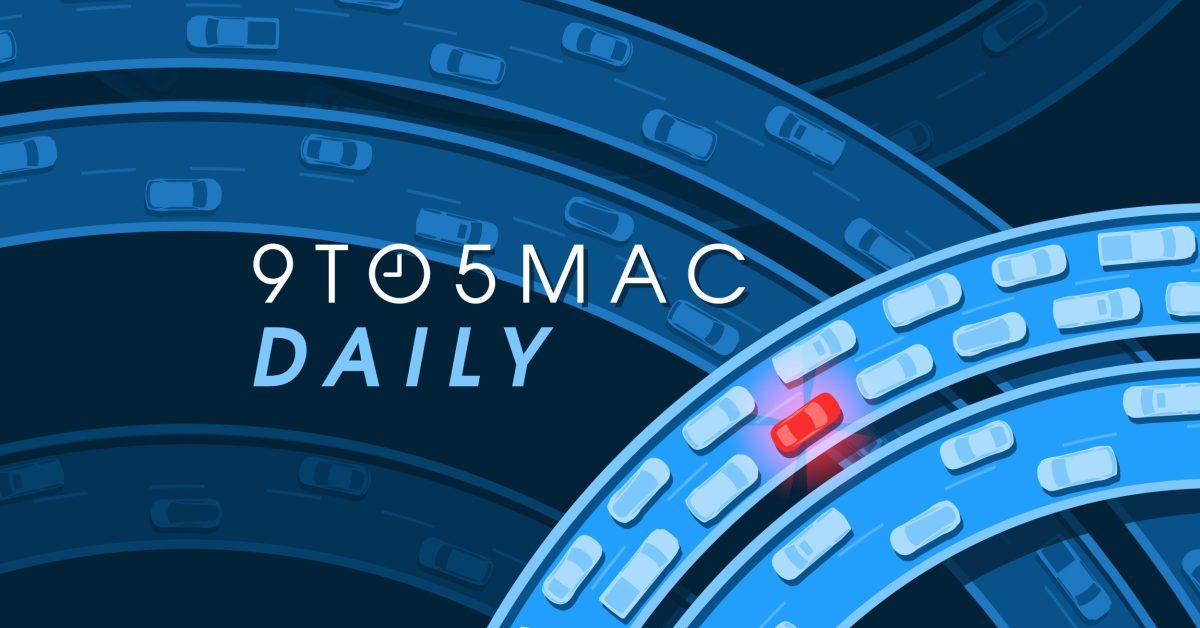
bizarre app that pays you to share A new app that incentivizes users to share their audio calls has surged to the second position in the App Store’s social apps category.
bizarre app that pays you to share
Overview of the App
The app, developed by Neon Mobile, has gained significant attention for its unconventional approach to monetizing user privacy. By allowing users to record and share their audio conversations, the app aims to sell this data to artificial intelligence (AI) companies. This business model raises numerous ethical and privacy concerns, yet it has resonated with a large audience, propelling it to the top of the App Store charts.
Functionality and User Experience
Neon Mobile’s app invites users to record their phone calls, which can include conversations with friends, family, or business associates. Once recorded, users can choose to share these audio files with the app, which then aggregates the data for sale to AI developers. The app promises that users can earn hundreds, or even thousands, of dollars annually by participating in this data-sharing initiative.
The user interface is designed to be straightforward, making it easy for individuals to record calls and manage their shared audio files. Users are encouraged to invite friends to join the platform, enhancing the app’s social aspect. This feature not only boosts user engagement but also expands the pool of data available for AI training.
Monetization and Earnings Potential
One of the most intriguing aspects of this app is its monetization strategy. Neon Mobile claims that users can earn significant income by sharing their audio calls. The exact earnings depend on various factors, including the frequency of calls recorded and the length of the conversations shared.
How Earnings Are Calculated
The app employs a tiered system for compensating users. According to Neon Mobile, users can earn money based on:
- The number of audio calls recorded and shared.
- The total duration of the shared audio files.
- The engagement level of the shared content, which may include how often the audio is accessed by AI developers.
This model incentivizes users to record longer conversations and share them more frequently, which raises questions about the implications for privacy and consent.
Privacy Concerns
The app’s business model has sparked considerable debate regarding user privacy. By encouraging users to share their audio calls, the app essentially commodifies personal conversations, which could include sensitive information. Critics argue that this practice poses significant risks to individual privacy and data security.
Informed Consent and Ethical Implications
One of the primary ethical concerns surrounding the app is the concept of informed consent. Users must be fully aware of what they are agreeing to when they share their audio calls. This includes understanding how their data will be used, who it will be shared with, and the potential risks involved.
Moreover, the app’s terms of service must clearly outline the implications of sharing audio data. Users may not fully grasp the long-term consequences of their participation, especially considering that conversations often involve multiple parties. If one person consents to share a call, what happens to the privacy rights of the other participants?
Market Reception and User Feedback
Despite the concerns, the app has seen a remarkable reception in the market. As it climbed to the second position in the App Store’s social apps category, user reviews have been mixed. Some users express excitement about the potential earnings, while others voice apprehension regarding privacy issues.
User Testimonials
Many users have taken to social media to share their experiences with the app. Some testimonials highlight the ease of use and the financial incentives:
- “I never thought I could make money from my phone calls! It’s super easy to use.” – A satisfied user.
- “I’ve already made a few hundred dollars in just a couple of weeks!” – Another enthusiastic participant.
Conversely, there are also critical voices:
- “I feel uneasy sharing my private conversations. What if my data gets misused?” – A concerned user.
- “I didn’t realize how much I was giving up by using this app.” – A user who regrets their decision.
Regulatory Landscape
The rise of apps like Neon Mobile has caught the attention of regulators and privacy advocates. As data privacy laws become more stringent worldwide, the app’s model may face scrutiny under various legal frameworks.
Current Regulations
In the United States, the Federal Trade Commission (FTC) has guidelines regarding consumer privacy and data protection. Similarly, the European Union’s General Data Protection Regulation (GDPR) imposes strict rules on data collection and user consent. The app’s operations may need to align with these regulations to avoid potential legal challenges.
Future Implications for Data Privacy
The emergence of such apps could lead to a broader conversation about data privacy in the digital age. As more users become aware of how their data is being used, there may be increased demand for transparency and accountability from tech companies.
Implications for AI Development
The data collected by the app could play a significant role in advancing AI technologies. By providing real-world audio data, the app may contribute to improving voice recognition systems, natural language processing, and other AI applications.
Potential Benefits for AI Companies
AI developers often require vast amounts of data to train their algorithms effectively. The audio data sourced from this app could help enhance the performance of various AI systems, including virtual assistants and customer service bots. However, this raises ethical questions about the source of the data and whether it was obtained with proper consent.
Conclusion
The rise of Neon Mobile’s app highlights a growing trend in the tech industry where user data is increasingly commodified. While the potential for earning money by sharing audio calls may attract users, the ethical and privacy implications cannot be overlooked. As the app continues to gain traction, it will be crucial for users to weigh the benefits against the potential risks to their privacy.
As the landscape of data privacy evolves, the conversations surrounding apps like Neon Mobile will likely shape future regulations and user expectations. The balance between innovation and ethical responsibility remains a critical consideration for both developers and users alike.
Source: Original report
Was this helpful?
Last Modified: September 25, 2025 at 5:47 pm
0 views














